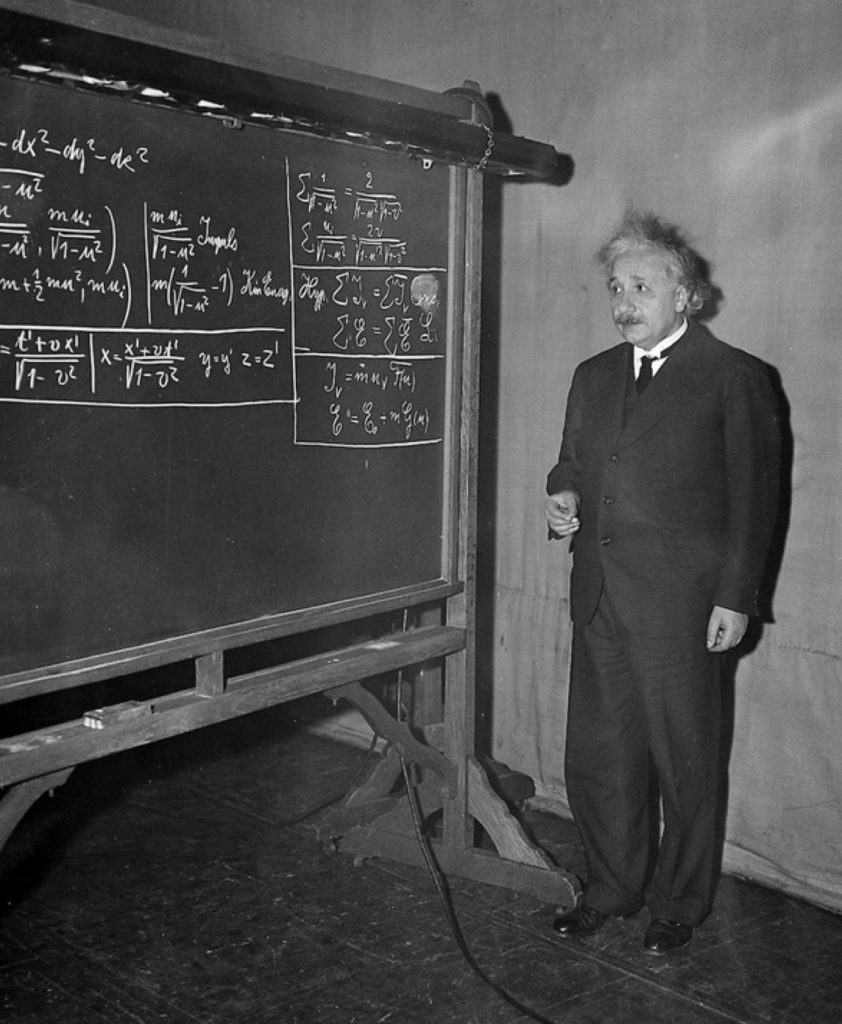
Although there is no record of Einstein ever taking an IQ test, it’s unlikely that he would have been interested in this measure of his intelligence, because he believed that intelligence was more closely aligned to passionate curiosity. Walter Isaacson, in his biography of Einstein, titled, Einstein: His Life and Universe, (p. 548) reported that on March 11, 1952, Einstein said, in a letter to Carl Seelig, “I have no special talents, I am only passionately curious.”
Elaborating on this, Isaacson stated:
Curiosity in Einstein’s case, came not just from a desire to question the mysterious. More important, it came from a childlike sense of marvel that propelled him to question the familiar, those concepts that, as he once said “the ordinary adult never bothers his head about.”
In his biography The Private Albert Einstein (p. 29) Peter Bucky provides a similar perspective in Einstein’s statement, “I am not more gifted than anybody else. I am just more curious than the average person, and I will not give up on a problem until I have found the proper solution.”
Einstein was always lavish in his praise of other scientists he respected and was extremely supportive of young scientists who needed references. It was not in his personality to compare his intelligence to others, because he recognized that all great scientists are highly intelligent and their intelligence is manifest in different ways. Einstein’s strength was his intuition and the originality of his thinking–something he referred to as “originality.”
There is a story, perhaps apocryphal, that a reporter once asked Einstein how it felt to be the smartest man in the world. Einstein is reported to have responded, “I wouldn’t know; ask Nikola Tesla.” I can’t find any valid source for this story, but some people have suggested that Einstein was speaking with sarcasm, because he and Tesla did not share a mutual respect. Tesla had a weak background in physics and disparaged Einstein’s Theory of Relativity. Yet, in 1931, when Time Magazine put Tesla on its cover to acknowledge his 75th birthday, they reached out for a comment from Einstein. As one might expect, Einstein was gracious, albeit brief in stating, “As an eminent pioneer in the realm of high-frequency currents… I congratulate you on the great successes of your life’s work.”
Although Einstein possessed the humility that comes from recognizing how little anyone can know about anything, he had a disdain for the darker elements of human nature, as expressed in his famous statement, “Great spirits have always encountered violent opposition from mediocre minds.” This contempt for the intelligence of some members of the general public was also captured in this sardonic comment, “Two things are infinite: the universe and human stupidity. But I’m not quite sure about the universe yet.”
As one might expect, Einstein was a complex individual with strengths and weaknesses, and although he possessed the humility that comes with wisdom, he had a strong sense of personal efficacy and never yielded to consensus when it conflicted with his perception of reality. His achievements spoke volumes about his intelligence and no IQ test was necessary.
